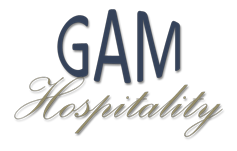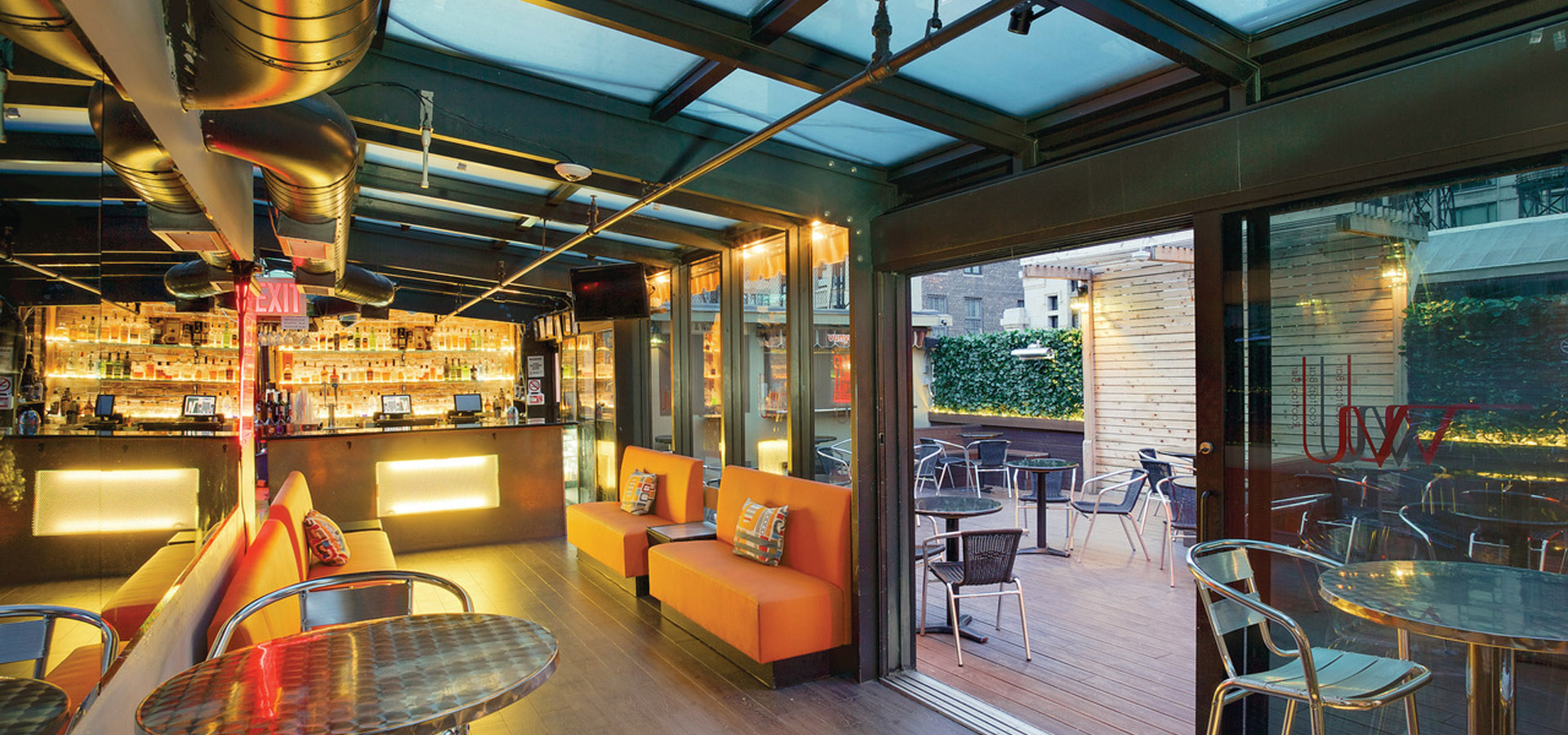
Hotel Business Recovery Strategies Aftermath of COVID‐19
In light of the recent business demand challenges due to the COVID 19 virus, we can expect significant changes in booking patterns, fluctuations in market dynamics, softer business travel demand, less‐than‐ stellar group pick up from citywide and internal group blocks, growing impact of alternate accommodations (home sharing, corporate housing, etc.). These disruptions and changes need to be recognized and managed but also present a unique opportunity to reposition the hotel’s strategy and business mix to perform optimally moving forward. Take the time to prepare now: review pricing and inventory strategies, diversify market mix, and identify new opportunities to generate demand for the hotel.
DIGITAL MARKETING AND MOBILE STRATEGIES
Partner with your digital marketing and media team to re-position the hotel online and to drive direct bookings to our brand website.
- Review and re-assess the validity of your digital marketing budget to reflect changing times and consumer behavior. This includes: PPC, Meta, re-targeting campaigns, email campaigns and key word marketing.
- Capitalize and leverage existing brand platforms and initiatives. Ensure compelling property offers are timely and in place. Leisure, group, business, seasonal, travel, special occasion, proactive to address challenge periods.
- Participate in co‐op opportunities, including the national PR programming. Ensure property specific PR agencies is intimately involved.
- Strategically plan property e‐mail marketing campaigns to target existing hotel guests and the broader reach of the brand’s database. Align geo‐targeting digital engagement to complement the overall reach.
- Actively participate with the submission of interesting, relevant, and awareness generating blog content for both the Group and Leisure brand blogs.
- Participate in brand offers that are fully funded or co-op funded by the brand that drive higher loyalty.
- Consult with HMA on launching the newly developed Benchmark Abandonment cart email solution.
- Develop specific marketing campaigns that are geared towards mobile booking platforms.
- Work with metasearch sites such as Kayak and Trivago to make sure the hotel’s website is listed as a booking option on these sites to help drive direct bookings.
- Review and update special offers on Trip Advisor. Consider participating Trip Advisor’s instant booking feature.
- Explore opportunities to advertise and market via social media platforms such as Facebook, Instagram, and Twitter.
PUBLIC RELATIONS
Work closely with your PR agency to develop post COVID-19 outreach and positioning of hotel.
- Ensure the property goals are aligned with PR efforts.
- Re-think short, mid, and long-range pitch items and story angles.
- Review your go-to list of media contacts for relevancy.
- Does this media list coincide with your hotel’s marketing efforts and long-term goals and positioning?
- Did you donate goods, guestrooms or other facilities and services or partnerships with any for profit or non-profit organizations or COVID1-19 rescue missions worthy of public announcements?
- Are these initiatives aligned with your social blogging to enhance your website SEO?
GROUP SEGMENT EVALUATION
Understand your group bookings and overall segment contribution after COVID-19; evaluate its health for the remainder of 2020. And further.
- Categorize cancellations, refunds, credits, and re-booking opportunities against all sub-segments.
- Review contractual terms and stipulations to reflect greater flexibility.
- Evaluate the strengths of your sales team and overall mission for the balance of 2020.
- Consider re-structuring your sales incentive program; ensuring your teams are energized (not hindered) to carry the mission forward.
- Re-shuffle your domestic versus international market dependence. Are your focuses in the right area?
- Establish new selling guidelines to target shoulder dates, holidays, and weekends against your focus audience.
- Incorporate premium room types into room blocks to support rate growth, work closely with your revenue team.
- Review F/B minimums, room rental, and ancillary revenue areas; consider reducing them to secure group base.
- Evaluate whether internal F/B spaces such as restaurants, pool deck, lobby bar, etc. could be used as a buyout for events.
- Develop a selling guideline to associate with buyout events.
- Consider multi‐year contracts for specific markets for 2021 and beyond.
- What is your hotel’s new business development strategy? What is the overall value proposition?
- Develop strategies to reconnect with past customers and ascertain future meeting needs.
- Ensure your subscriptions to third party meeting and group lead organizations like CVENT, Conference Direct, Helms Briscoe, to name a few, are renewed.
- Whether your hotel is flagged or independent, take advantage of the tools and services offered to help leverage the hotel for additional group business.
- Engage with your local CVB, Chamber of Commerce, and/or destination marketing office to maintain visibility in local, regional, and global markets.
- Consider joining and participating in organizations that are tied to meeting planning and travel such as MPI, SGMP, GBTA, etc.
BUSINESS TRAVEL SALES
Securing corporate accounts and re-building business transient base continues to be extremely competitive. Now is the time to reach out to your accounts, consider further short-term value promotions, and actively pursue corporate opportunities for the remainder of the year.
- Monitor Lanyon and RFP Express or any 3rd party RFP organization to assess changes for 2020 and 2021, if applicable.
- Review account production: discuss expectations with your client(s), re-structure versus alienate the preferred partnership.
- Identify corporate accounts that have project business in your market: consider extended stay offerings and benefits that reflect high value to potential buyers.
- Leverage room types to assist with upsells and rate growth opportunity.
- Complete as many compelling business cases as your brand or management company allows to qualified target accounts.
- Revisit accounts that no longer stay at the property and determine if there is an opportunity to regain or renew interest.
- Effectively use TravelClick Tools (A360, D360) to help identify account opportunities in the market.
- Partner with your TravelClick manager for all necessary training on utilization of tools and data.
- Identify upcoming consortia agency sales calls sponsored by your brand or management company that would benefit the hotel.
- Develop a special offer to the travel agent community to encourage referrals to the hotel.
- Equip your sales team with additional business development tools i.e. D&B, Hoovers and/or CoStar to identify companies leasing office space in your area.
CENTRAL RESERVATIONS (CRO)
- Make sure the CRO’s database is up to date with hotel information (room types, amenities, square footage, renovation status, account listing, packages).
- Consider offering a booking incentive to agents to help drive conversion.
- Visit the CRO call center to engage with reservation agents to update agents on hotel information, listen to calls, and engage with agents to help impact conversion.
- Invite CRO agents to visit the hotel to experience your hotel and market firsthand. Require the agents to complete a property review to provide feedback and suggestions.
DIRECT BOOKING CHANNELS & GDS STRATEGIES
- Review BAR structure by room type and validate whether the current pricing structure makes sense given changes in market dynamics.
- Review all product and pricing strategies with your revenue team.
- Update and refresh hotel packages and/or promotional rates to spark interest in the property.
- Make sure that all negotiated rates (local and national) are loaded and bookable on the hotel’s brand.com site.
- Manage room type availability to control LRA accounts more effectively over compressed dates.
- Manage NLRA effectively to ensure accounts are not restricted unnecessarily during shoulder dates.
- Consider sponsored placement on GDS to help secure first page placement on the GDS’s hotel listings (HOD screens).
- Evaluate selling strategy for discount segments and adjust controls on traditionally restricted rate plans such as government, AAA/AARP industry, seniors, first responders and military discounts.
OTA AND OPAQUE CHANNELS
- Determine the right way to supplement your revenue management strategy with OTA and Opaque. It can be an effective lever, if used strategically and not simply to fill guest rooms.
- Maintain consistent contact with your market manager(s) for upcoming promotions and limited time offers.
- Utilize all OTA booking solutions; track and measure the results for each promotion to evaluate ROI of each initiative.
- Consider purchasing additional advertising and/or participating in marketing opportunities via OTA channels to help impact placement.
- Review the hotel’s listing on all OTA sites; make sure photos and content are up to date.
- Maintain rate parity between the OTA sites and the hotel’s website.
- Use opaque booking channels sparingly to help fill need and distressed dates.



